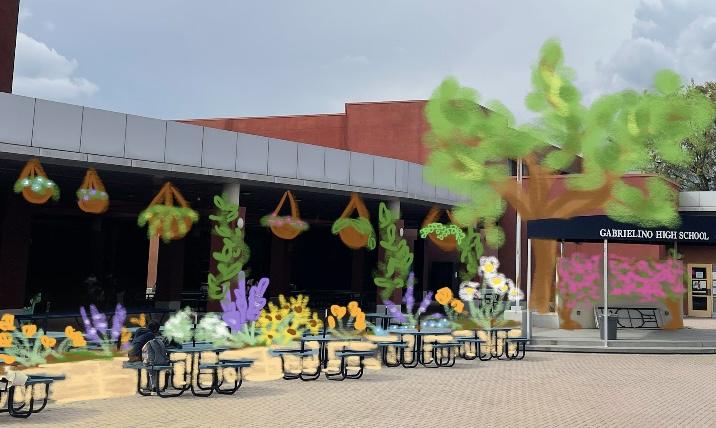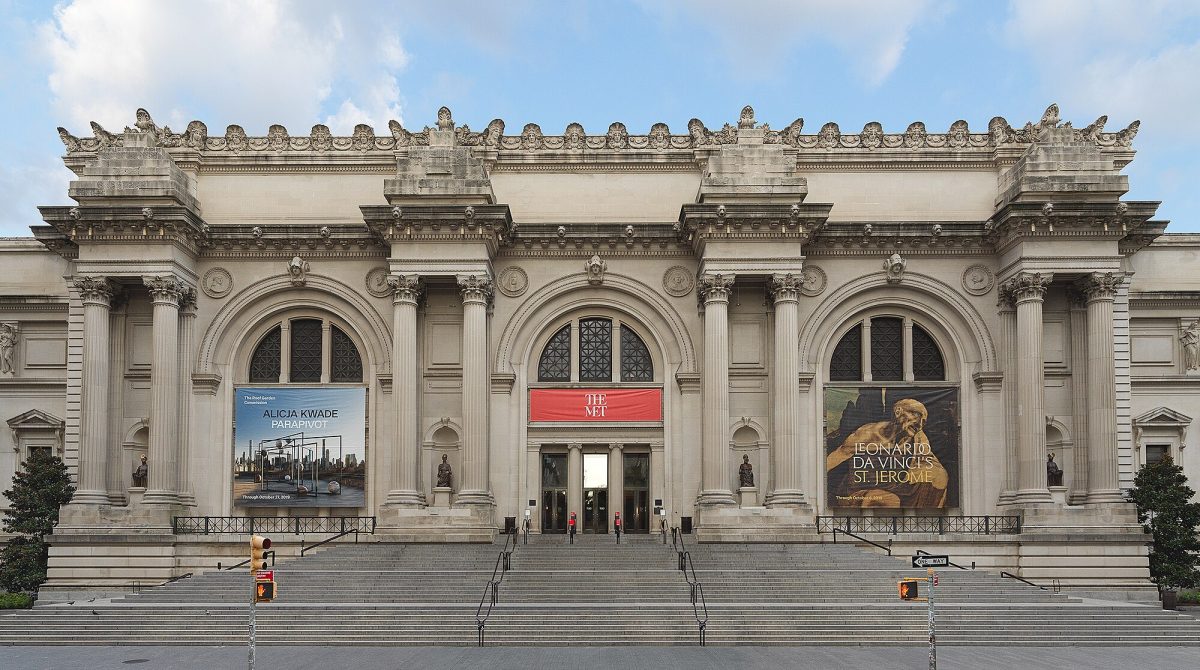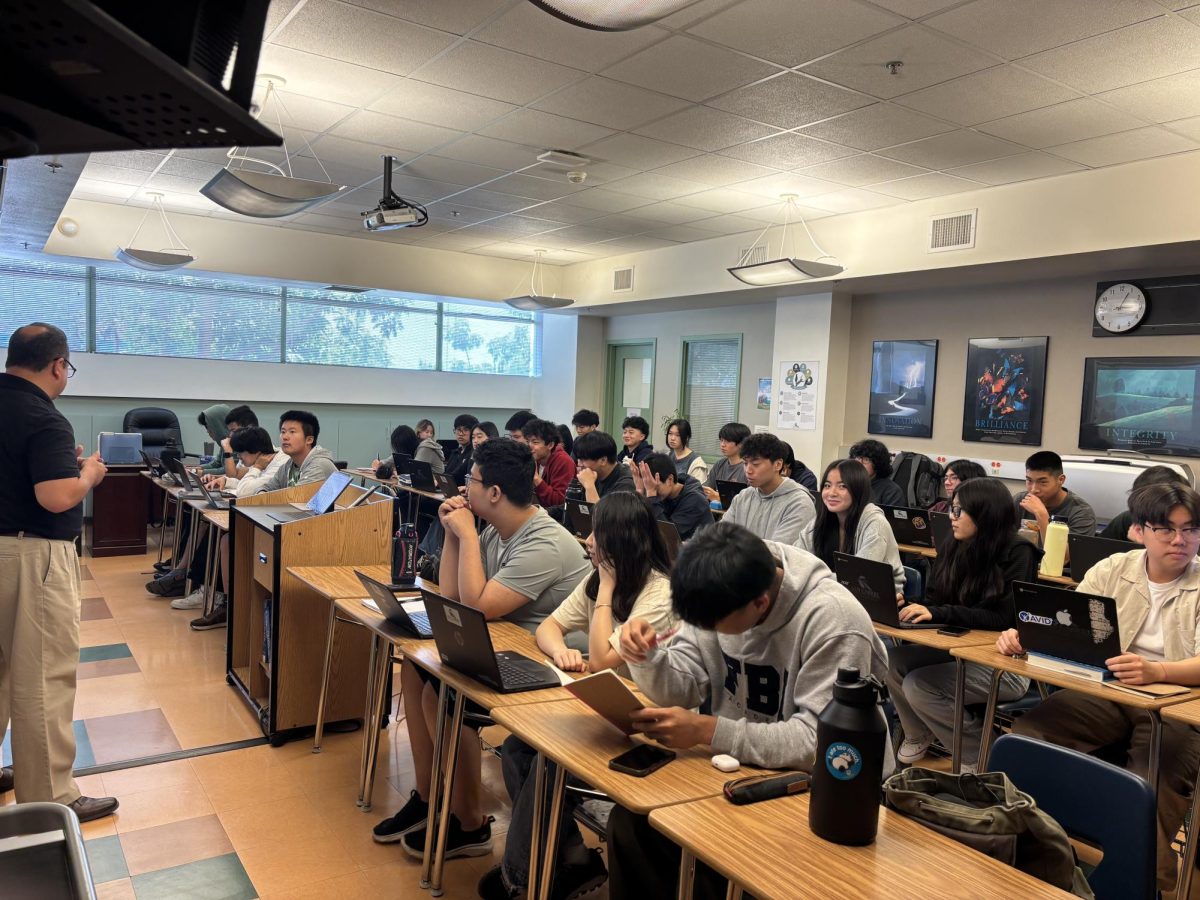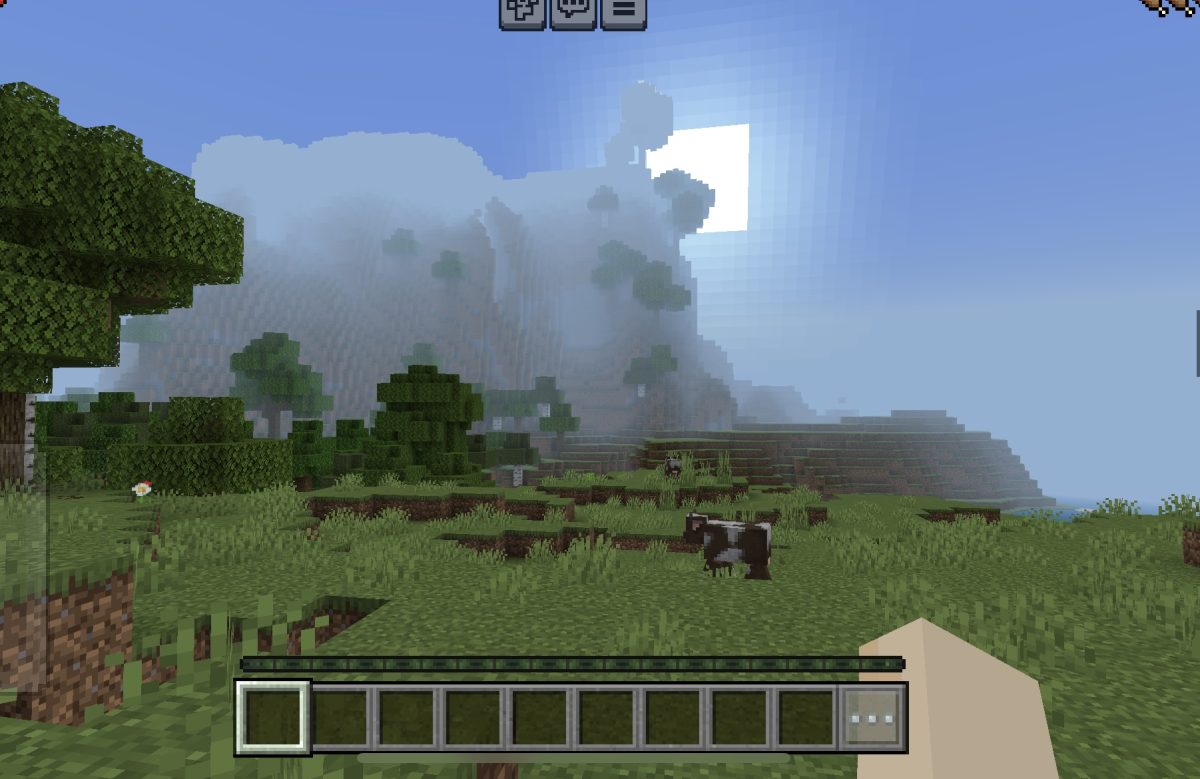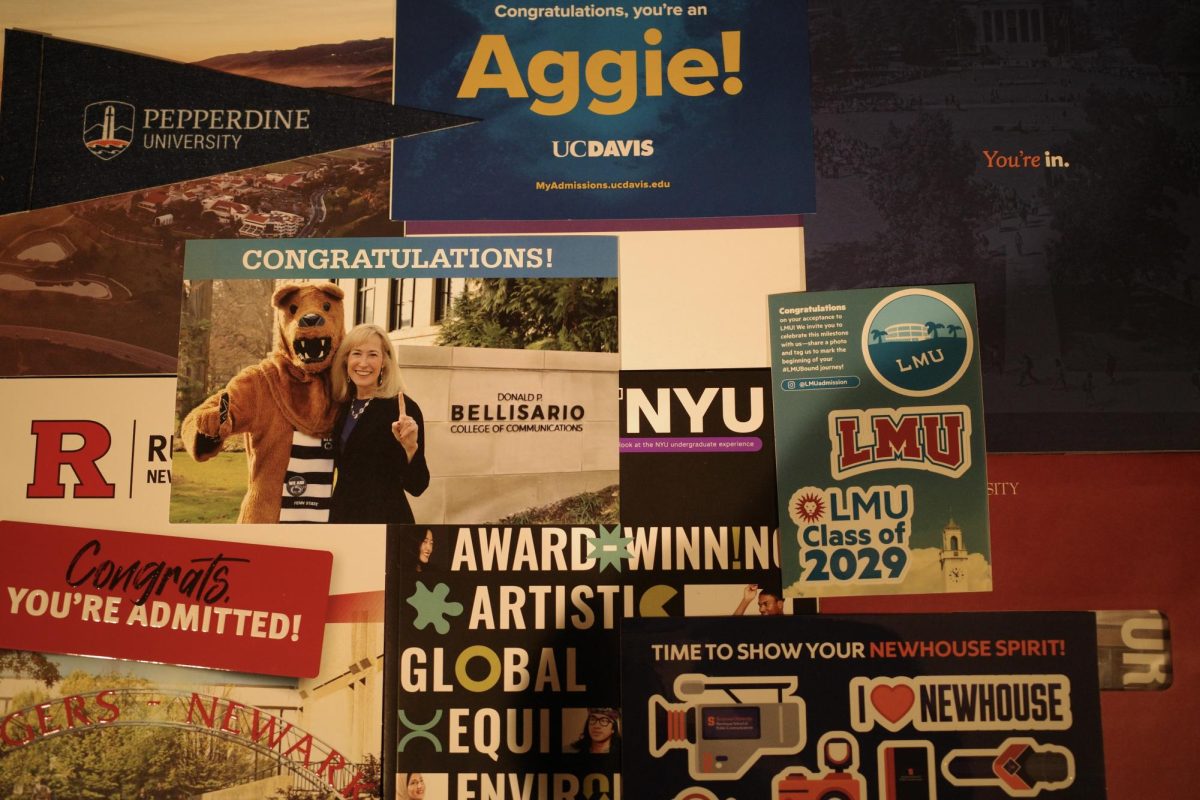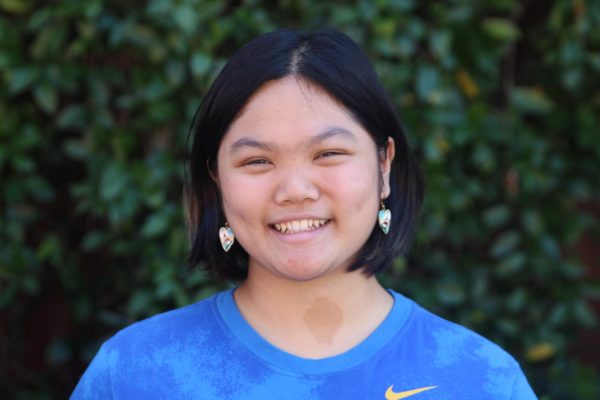Imagine walking into campus greeted by bright bursts of poppies, fragrant sage, and majestically curving coastal live oak branches. Instead, Gabrielino High School students are met with endless energy-draining red bricks, slabs of gray concrete, and dim, prison-like hallways, devoid of greenery.
As described by seniors Johnny You and Neil Liu, who succeeded in securing succulents for the lower B Building planters: “Gabrielino is a concrete jungle.” Compared to every school around us, including the ones in our district, Gabrielino has a suffocating lack of foliage.
Adding more grass, trees, and flowers would be medically beneficial. As summarized by the Educational Psychology Review in 2021, exposure to nature decreases stress, anxiety, and depression while increasing memory, attention, and self-esteem. In fact, the University of Exeter concluded that working among plants increased well-being by 47 percent, creativity by 45 percent, and productivity by 38 percent.
Plants themselves are an educational opportunity. Roosevelt Elementary School’s “class to garden experience” allowed students to learn about nutrition and share family recipes. At Gabrielino, having students care for plants teaches compassion, responsibility, and reciprocity. English classes get writing inspiration, while science courses get a hands-on view of plant photosynthesis and ecological benefits.
Those benefits include capturing rain water instead of letting it run off. A native pollinator garden would provide sanctuary for endangered species like monarch butterflies. Plants reduce temperatures and dryness through shade and a process called evapotranspiration.
With so many advantages, there have been several efforts to green Gabrielino since it opened. Grand plans of trees, community gardens, hanging plants, and standing planters were shot down by concerns around pest control, maintenance, cost, and space.
Yet these problems can be overcome if we grow native plants, which are adapted to the climate and need water less than once every two weeks. This can be done through drip irrigation or a rotating student watering schedule.
Another concern is that students would deface the plants, but the opposite could be true. A synthesis report by Texas A&M found that increasing natural spaces reduced crime as people became more proud and united in their community. Instead of putting misbehaving students in detention, give them the opportunity to do garden work to instill purpose and calmness.
Other communities in and around Gabrielino will also benefit. Growing plants culturally significant to the Tongva people, like black and white sage, opens opportunities to learn from tribe members. Making the Quad more enjoyable to spend time in means more people will participate in ASB activities. Art and woodshop students can contribute sculptures, benches, and other visual installations, while service clubs and classes courses can take turns maintaining the plants.
By taking these steps, Gabrielino could have hanging planters in the beams above the cafeteria, pollinator gardens in the vacant space behind the E building, and flowers blooming where concrete blocks surround the Quad. People would walk by vines climbing trellises along the Gary Goodson Theater walls, air plants poking out of the front gates, and bees buzzing in the B and E building planters.
It is time to breathe life into Gabrielino’s concrete jungle. Native trees and pollinator gardens will nourish generations of benefits to climate, community, and comfort on campus. To secure this dream, students, staff, administration, and the school board must grow their vision of what Gabrielino can be- literally.

